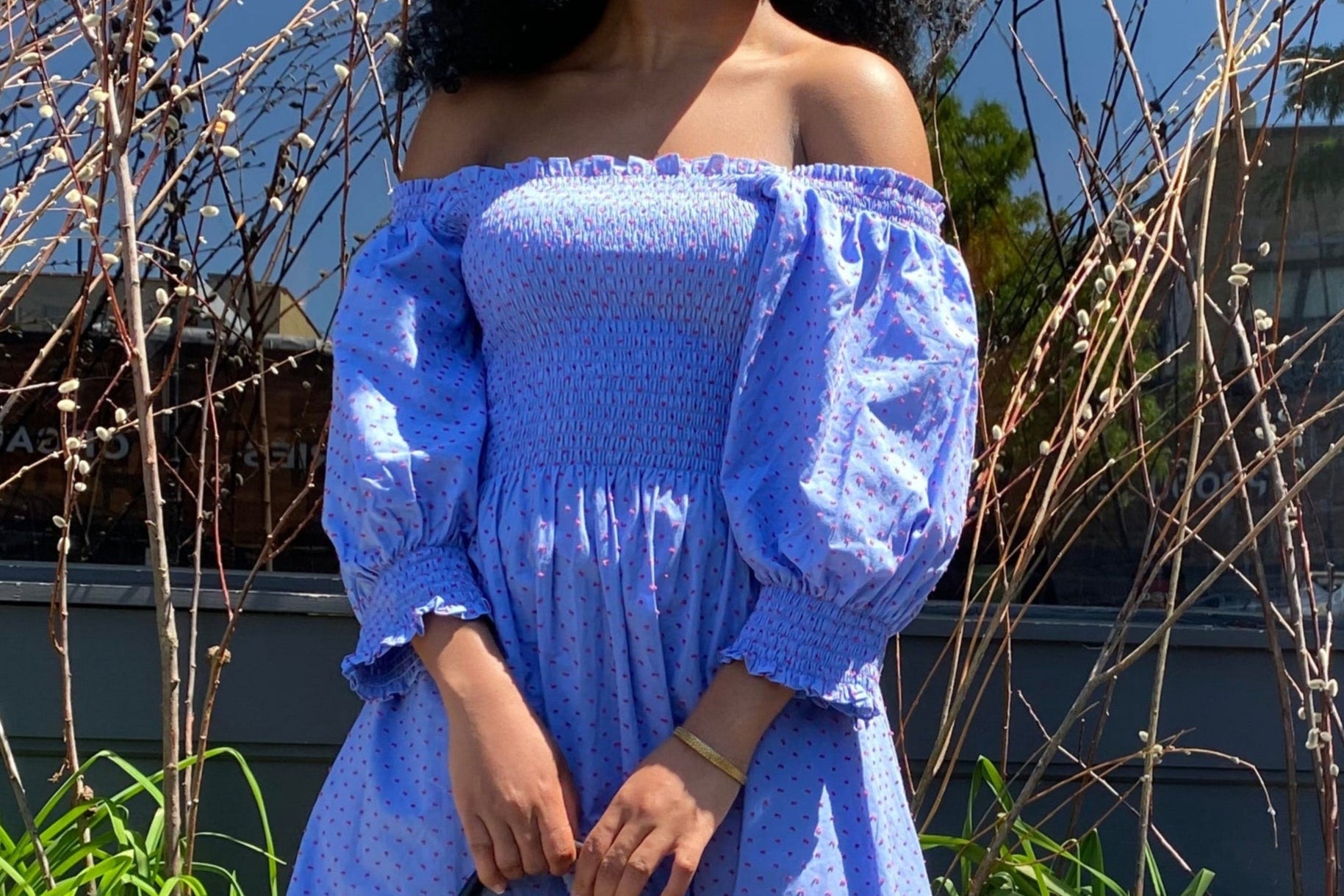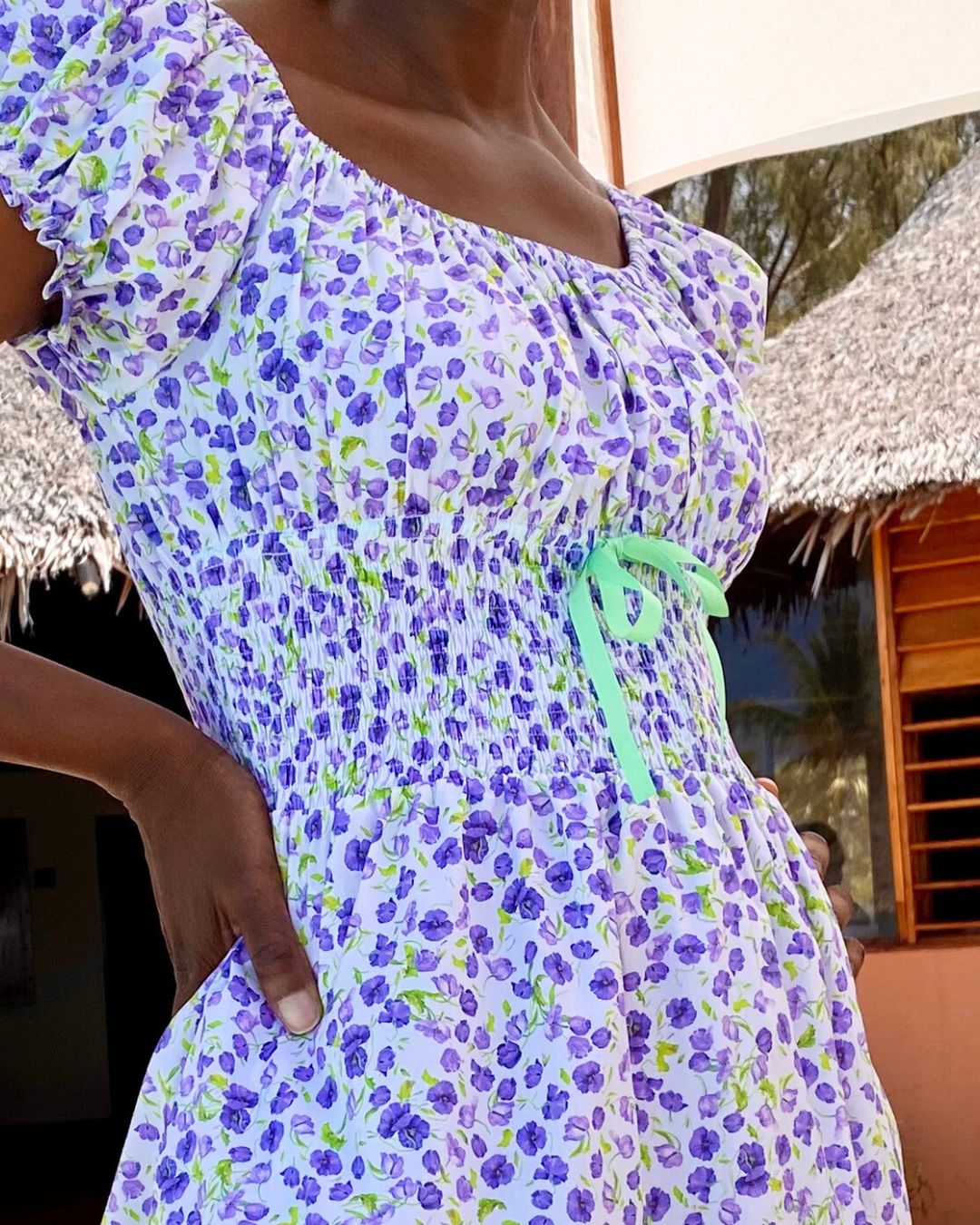COPY THAT: An Open Letter To The Fashion Industry

At Angele.H Paris,
We believe in creating garments that transcend seasons and trends. Our commitment is to ethically produce Elevated Casual pieces that are not only stylish but also a nod to classic style, crafted in Africa with the finest 100% natural fabrics. We select the best materials from around the world to ensure our garments are not just beautiful but also durable, meant to be passed down with love.
Commitment to Quality

Private Label Wholesale
As a personal brand and private label wholesale manufacturer, we partner with retailers and boutiques to bring Elevated Casual garments to their customers. Allow us to bring your designs to life.
Our commitment to quality and attention to detail ensures that the products we produce exceed expectations. If you're interested in partnering with us, please don't hesitate to reach out.


